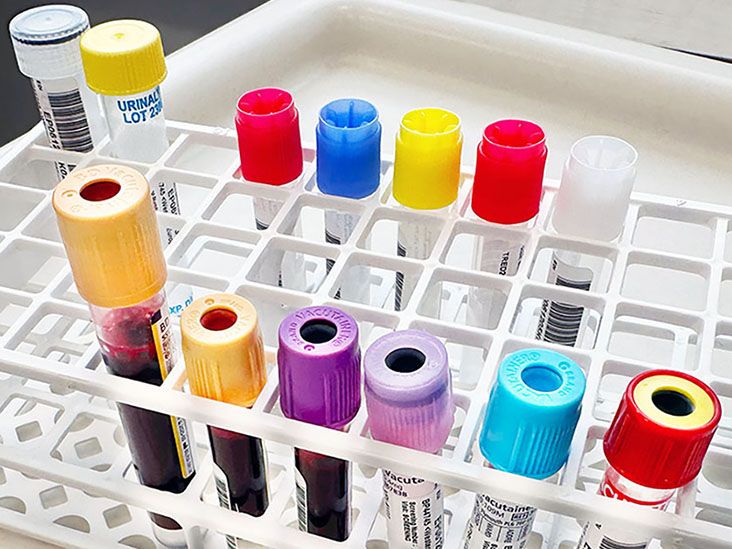How much omega-3 each individual needs per day varies depending on their age, sex, and several health factors. For example, people who are pregnant or lactating may need to add more omega-3 to their diet.
People give omega-3 fatty acids a lot of attention due to their health benefits. Fatty fish, nuts, and seeds are rich in omega-3s.
Omega-3s are important parts of the body’s cell membranes. They help with the functioning of the heart, lungs, immune system, and hormone system.
There are three types of omega-3 fatty acids:
- docosahexaenoic acid (DHA)
- eicosapentaenoic acid (EPA)
- alpha-linolenic acid (ALA)
DHA levels are especially high in the eye, brain, and sperm cells. EPA may have certain benefits for reducing inflammation. The body breaks down ALA into EPA and DHA, but the conversion rate is low. For this reason, people should include all three omega-3s in their diet.
Fatty fish are high in DHA and EPA. Plant sources are high in ALA. If a person does not get enough of each type of omega-3 from their diet, they might consider taking a supplement.
This article explores the recommended intake of omega-3s for different people to achieve optimal health.
Several national organizations have released guidelines for omega-3 intake, but they vary considerably.
As such, there is no absolute rule about how much omega-3 a person needs.
However, research does suggest that different groups of people need different amounts, and higher intakes of omega-3 can be helpful for certain health conditions. We discuss the dietary needs below.
Adult males and females
According to the
Other sources have estimated an adequate intake (AI) of omega-3s. AI is the amount a person needs to ensure nutritional adequacy.
For an AI of ALA, the
Pregnancy, breastfeeding, and children
People should add more omega-3 to their diet when pregnant and lactating.
The
The FDA recommends that those who are pregnant or breastfeeding eat 8 to 12 ounces of low mercury fish every week to benefit fetal growth and development.
Infants up to the age of 1 year should consume
A comprehensive review from 2018 reports that omega-3 may have benefits for heart disease.
A
Researchers have conducted many studies to evaluate the effects of taking omega-3 supplements on heart disease.
One
However, the results are mixed with those of a large study from 2018. In it, researchers concluded that DHA and EPA supplements may have little effect, while ALA might have a small effect.
In a 2024 study, omega-3 supplementation was associated with an increased risk of developing atrial fibrillation (AFib) and stroke. However, complications from these conditions, such as cardiovascular events and death, were decreased in this group.
This study indicates the need for further research on omega-3 and its effects on cardiovascular health.
Some studies suggest taking omega-3 supplements may help with symptoms of depression.
One small-scale 2015 study including young adults with depressive symptoms reported that a group receiving 1.4 g of DHA plus EPA every day had a significantly lower depression status than a placebo group after 21 days.
A 2024 review of studies compiling the research on omega-3s having antidepressant effects finds the results to be inconsistent, with some studies finding a significant reduction in depressive symptoms while others failed to show any effects. Further research is needed.
Omega-3 supplements may also have potential as a future treatment for Alzheimer’s disease.
A
A 2022 review confirmed that omega-3 supplements increased blood flow in the brain. Study participants experienced improvements in learning, memory, and cognitive well-being. In addition, a
However, more data is needed to support using omega-3 supplements in more advanced cases of Alzheimer’s disease.
Many studies have examined the effects of omega-3 supplementation on certain cancer types.
One
In a
However, present research is very mixed on omega-3s and cancer risk.
There is no established upper limit of omega-3 intake. According to the NIH, the FDA has suggested that people should take no more than
Over long periods, scientists say that omega-3 supplementation can reduce immune system function because it lowers the body’s inflammatory responses.
High doses of omega-3 may also increase bleeding time. Therefore, people who take blood-thinning drugs should take caution and talk with their doctor before starting to take an omega-3 supplement.
There are few known symptoms of omega-3 deficiencies. Doctors have found links between a deficiency of essential fatty acids, including omega-3 and omega-6, and symptoms of dermatitis and rough, scaly skin.
Researchers
In the United States, omega-3 deficiency is
If a person cannot get enough omega-3 in their diet, they might consider taking a supplement. Speak with a doctor before taking any new dietary supplements.
The ingredients of omega-3 supplements vary widely. People may wish to examine the product label to see what exactly their supplement contains.
The amount of each ingredient can vary between batches of the same product because the FDA does not regulate the quality of supplements as it does drugs.
A typical omega-3 supplement provides
Long-chain omega-3 EPA and DHA, which have the most well-researched health benefits, are present in fish oil, krill oil, and cod liver oil supplements.
Plant-based algal oil
While seafood can contain heavy metals, scientists have not found these in omega-3 supplements since the manufacturers remove them during processing and purification.
People can find omega-3 supplements in health stores or choose from a range of brands in online stores.
The amount of omega-3 a person needs depends on their age, sex, and health status. People can eat oily fish twice per week to get adequate EPA and DHA, and they can include plant-based sources of ALA in their diet.
Health experts recommend that people not exceed 5 g of omega-3 in a day unless otherwise directed by a medical professional.
If a person does not eat fish, taking an omega-3 supplement might be a good idea. Be sure to read a supplement’s label carefully and talk with a doctor before taking any new supplements.


